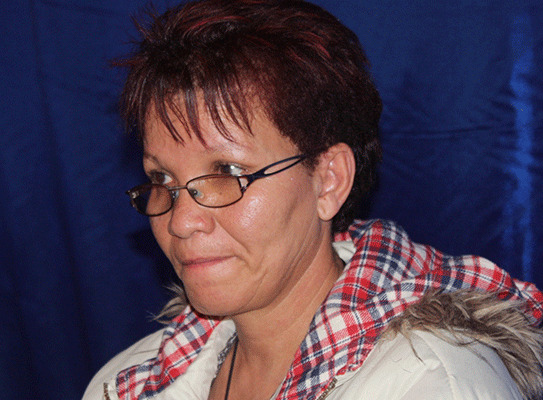Bullying is a widespread problem in schools across the world, and Namibia is no exception.
According to a study conducted by the Namibia Statistics Agency in 2018, over 80% of pupils in primary and secondary schools reported experiencing bullying at least once in their lifetime.
This is a staggering figure.
Victims of bullying have been reported to be more likely to experience depression, anxiety and other mental health problems and are also at higher risk of taking their own lives and self-harm.
The effects of bullying are not limited to the victims alone. Bullying can also have a negative impact on the mental health of those who engage in it.
A study published in the ‘Journal of Youth and Adolescence’ found that perpetrators of bullying were more likely to experience depression and anxiety compared to those who did not engage in bullying.
Given the significant impact that bullying has on the mental health of both its victims and perpetrators, it is essential that we take proactive measures to prevent it.
One such measure is to increase awareness of and education on bullying. Pupils, parents and teachers should be educated about the different forms of bullying, its impact on mental health and how to recognise and report such incidents.
Another critical step is to create a safe and inclusive school environment that promotes positive behaviour and discourages bullying.
This can be achieved by implementing anti-bullying policies and programmes.
Victims of bullying should also be provided with counselling and mental health services. Those who engage in bullying should also be provided with counselling and behavioural support.
In addition to basic and secondary schools, bullying is also a problem at tertiary institutions.
One of the key challenges in addressing bullying at tertiary institutions is the lack of awareness of and education on bullying among students, faculty and staff members.
It is essential to create a culture of respect and inclusivity at tertiary institutions that promotes positive behaviour and discourages bullying.
This can be achieved through the development of anti-bullying campaigns and programmes that involve the entire campus community.
Tertiary institutions should also establish clear reporting mechanisms for incidents of bullying and take appropriate disciplinary action against perpetrators.
Finally, mental health services should be readily available to all students and staff members to promote emotional and psychological well-being.
By working together as a community, we can create a culture of respect and inclusivity that promotes positive behaviour and ensures the emotional and psychological well-being of all students.
Thandiwe Ndlovu
Stay informed with The Namibian – your source for credible journalism. Get in-depth reporting and opinions for
only N$85 a month. Invest in journalism, invest in democracy –
Subscribe Now!






